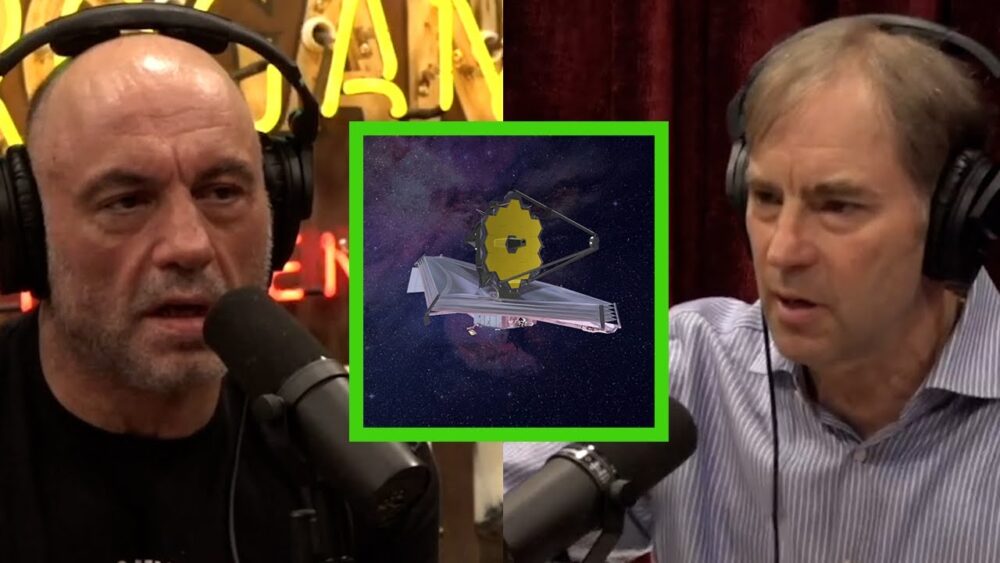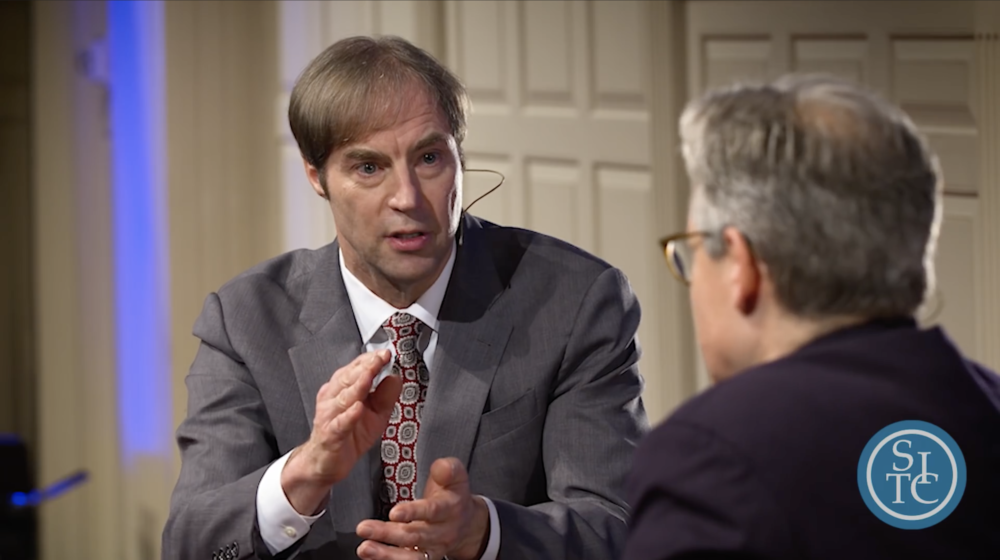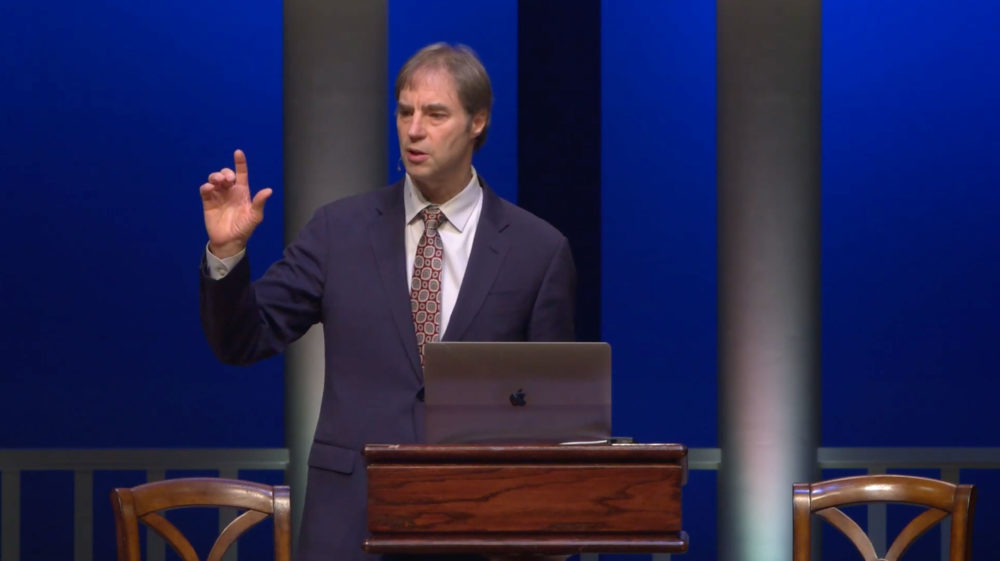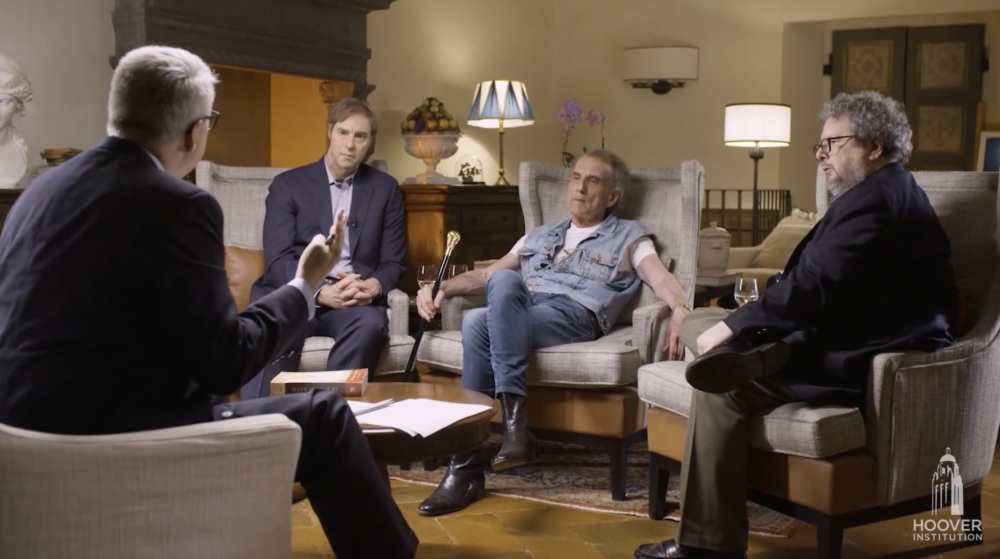
Stephen Meyer
Philosopher of Science
Stephen C. Meyer received his Ph.D. in the philosophy of science from the University of Cambridge. A former geophysicist and college professor, he now directs Discovery Institute’s Center for Science and Culture in Seattle.
In addition to Meyer’s two landmark books, the New York Times bestseller Darwin’s Doubt: The Explosive Origin of Animal Life and the Case for Intelligent Design and Times (of London) Literary Supplement Book of the Year Signature in the Cell: DNA and the Evidence for Intelligent Design, his many other publications include contributions to, and the editing of, the peer-reviewed volume Darwinism, Design and Public Education (Michigan State University Press, 2004) and the innovative textbook Explore Evolution (Hill House Publishers, 2007).
Meyer has also published editorials in national newspapers such as The Wall Street Journal, USA Today, The National Post (of Canada), The Daily Telegraph (of London) and The Los Angeles Times. He has appeared on national television and radio programs such as The Jim Lehrer News Hour, NBC Nightly News, ABC Nightly News, CBS Sunday Morning, Nightline, Fox News Live, Paula Zahn Now (CNN), Good Morning America and the Tavis Smiley Show on PBS. He has also been featured in two New York Times front-page stories and has garnered attention in other top national media.
The Return of the God Hypothesis
Beginning in the late 19th century, many intellectuals began to insist that scientific knowledge conflicts with traditional theistic belief — that science and belief in God are “at war.” Philosopher of science Stephen Meyer challenges this view by examining three scientific discoveries with decidedly theistic implications. Building on the case for the intelligent design of life that he developed in Signature in the Cell and Darwin’s Doubt, Meyer demonstrates how discoveries in cosmology and physics coupled with those in biology help to establish the identity of the designing intelligence behind life and the universe.
Meyer argues that theism — with its affirmation of a transcendent, intelligent and active creator — best explains the evidence we have concerning biological and cosmological origins. Previously Meyer refrained from attempting to answer questions about “who” might have designed life. Now he provides an evidence-based answer to perhaps the ultimate mystery of the universe. In so doing, he reveals a stunning conclusion: the data support not just the existence of an intelligent designer of some kind — but the existence of a personal God.
Articles


Three Major Scientific Discoveries In The Past Century That Point To God
The Federalist
Evidence of Intelligent Design in the Origin of Life
An Excerpt from The Mystery of Life’s Origin
Defining Theistic Evolution
An Introduction to the book Theistic Evolution: A Scientific, Philosophical, and Theological Critique
Yes, Intelligent Design Is Detectable by Science

The Cambrian Explosion and the Combinatorial Problem
Does Intelligent Design offer a plausible Account of Life’s Origins?
Intelligent Design is not Creationism

Signature in the Cell
Intelligent Design and the DNA Enigma
A Scientific History and Philosophical Defense of the Theory of Intelligent Design




